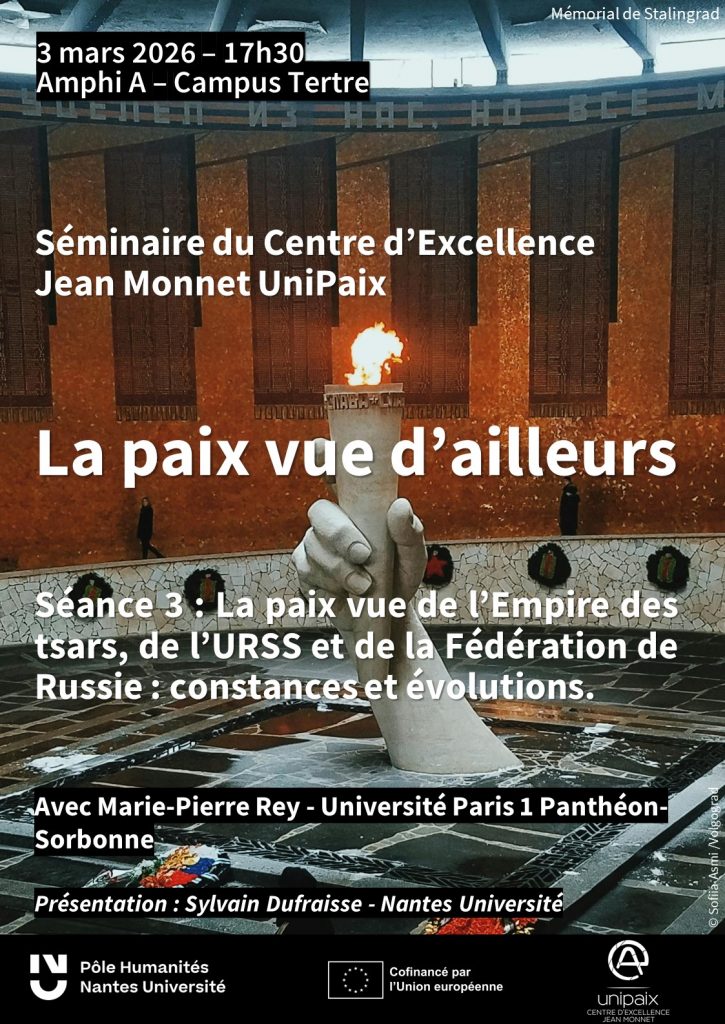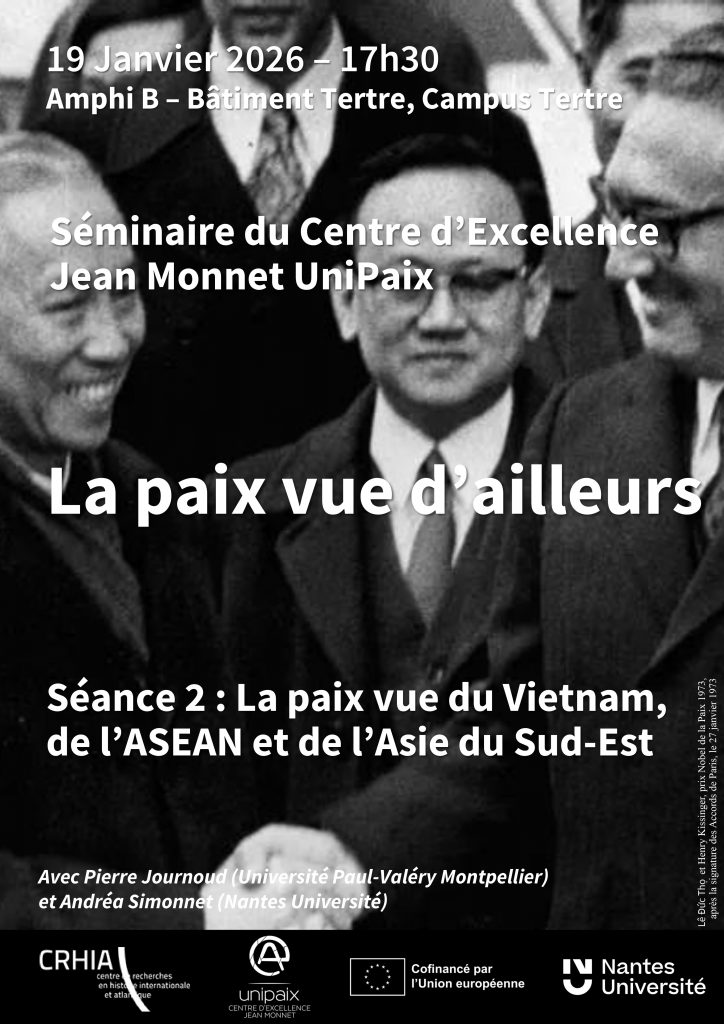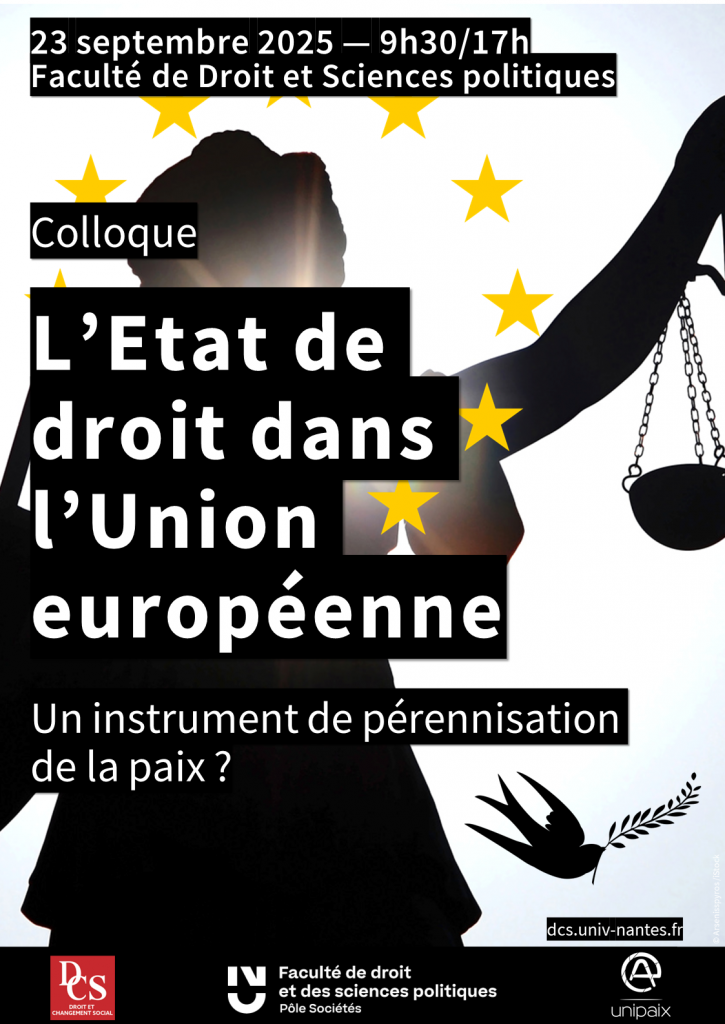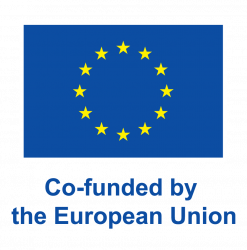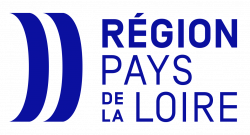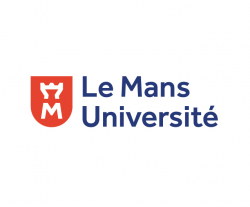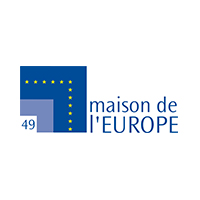ESSCA EU-Asia Institute organises a workshop in Angers on the 14th and 15th of May 2020 to analyse and assess Chinese actions around the Belt and Road Initiative and its implications for EU-China relations.
Workshop purposes
1- Have an “inside-out” analysis of global China’s strategic action system around “Belt & Road Initiative” (BRI).
China’s recent strategic reach from a normal globalizing economy to an extraordinary globalized power results from its internally coherent action system. This globalization system has BRI as core, supported and supplemented by national manufacturing strategies (Made in China 2025, Internet Plus Plan), techno-economic paradigm trans-formation (5G telecommunication technology and digital platform innovation), international political advocacy (new order of global governance, human destiny community, and ‘great power diplomacy’), “relationship network” de-ployment (overseas medias and external communications, person-to-person dialogue, Confucius institutes, so-called ‘united frontiers’ building), and global outreach of Chinese regional city clusters such as the Grand Bay Area of Guangdong-Hong Kong- Macau, etc. BRI can be regarded as a volunteered strategy, but it is in fact more a strategy as practice, as well as the continuation and replication of the very Chinese system of society at a new global level. To gain some new insight into the BRI and its move for the EU, the workshop will put them in the con-text of a broader Chinese action system, break down this system in pieces, and take a “the-other-way-around” perspective to understand the natures, logics and characteristics of current globalization of China.
2- Establish an objective assessment of risks and challenges of China’s current global actions on EU-China rela-tions.
Different from more and more US thinktanks reports which adopt often a negative geopolitical assumptions on BRI, as well as the Chinese main steam research which, on the contrary, has habit to blur the boarders between aca-demic analysis and BRI communicative promotion, the workshop will invite more disciplinary approaches with soci-ological, historical, institutional, and comparative theoretical foundations for assessing the risks and challenges of BRI based on objective analysis. In terms of implications on more coherent policy strategies, it is believed that both EU and China, as well as third parties in the world, will benefit from such neutral and systemic evaluation.
(…More details in the full call below)



